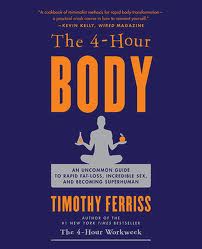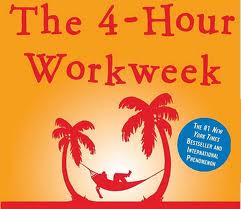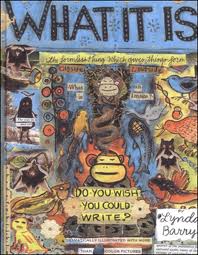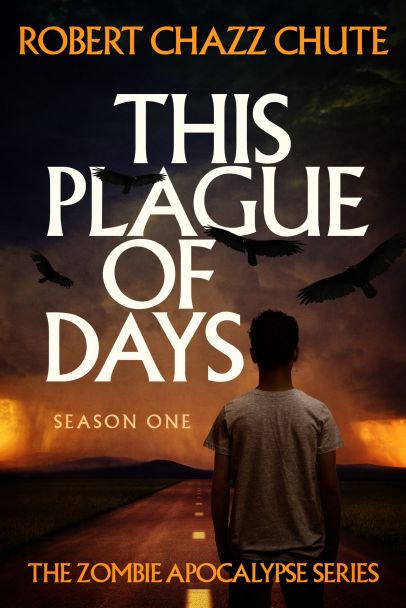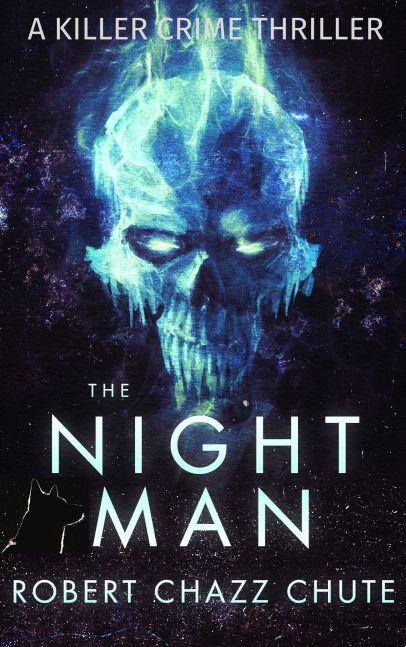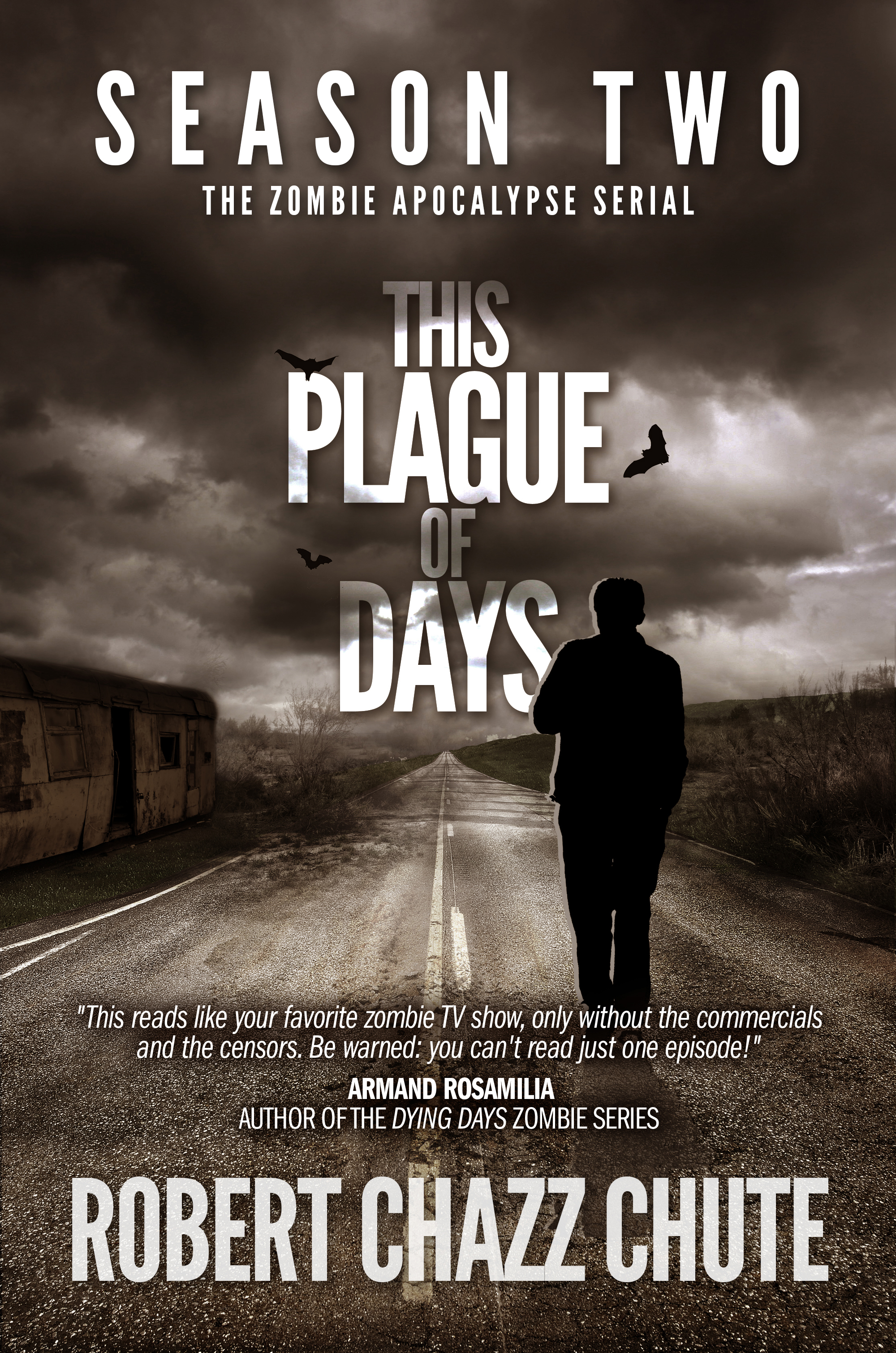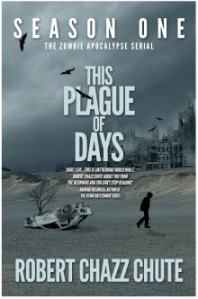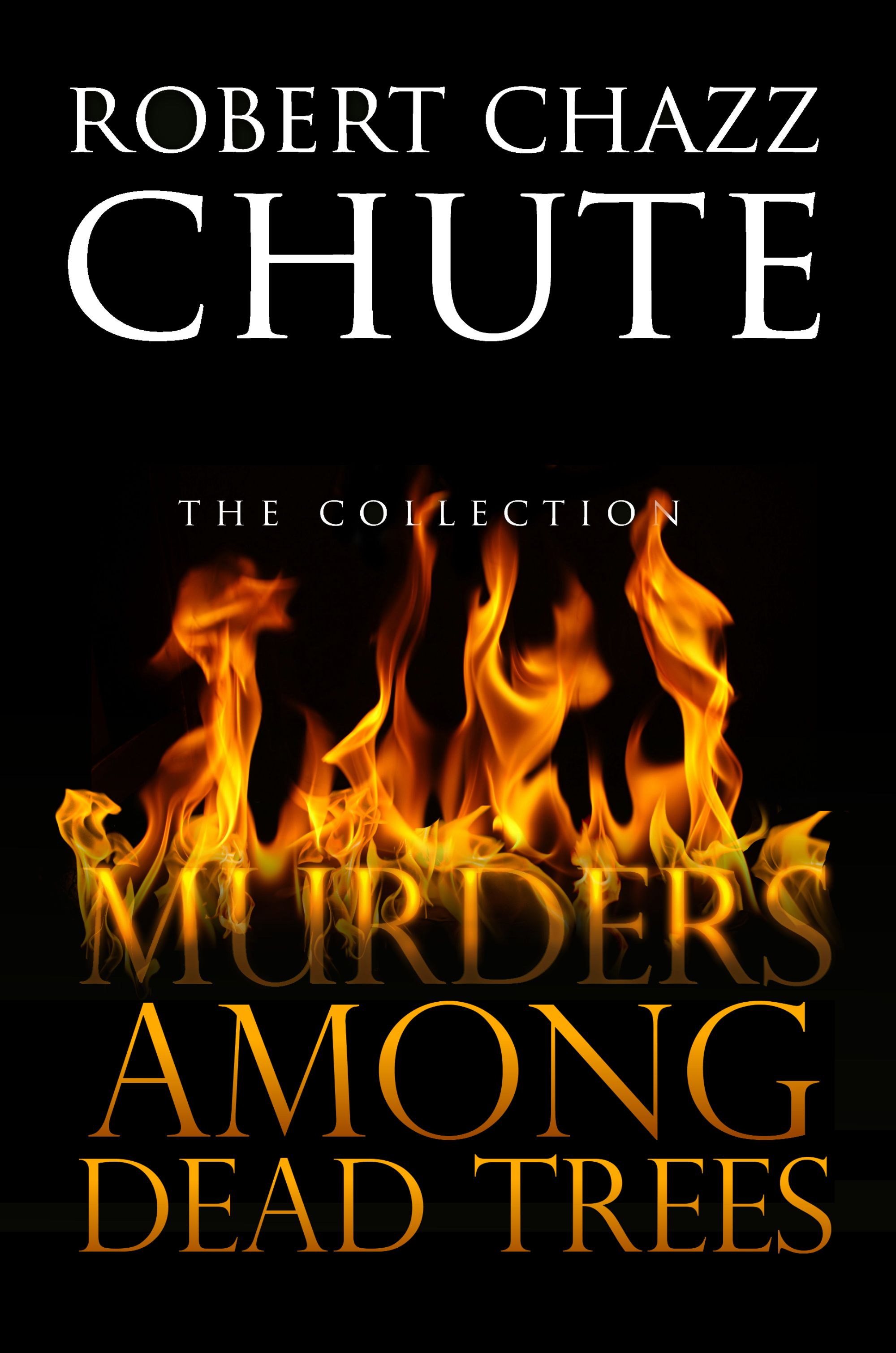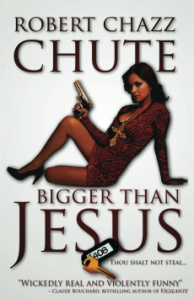You’ll probably get stuck from time to time. Most everyone does, so don’t panic.
If you get stuck often, outline more to save writing time and stay on track. Keep in mind that outlines are merely guidelines. You’re just dating your outline casually. It’s not serious and you don’t have to marry it. With the shadow of commitment gone, you still have your free and fun, bright and shiny creative mojo working for you.
I’m a pantser, but I do have an idea where my stories are headed. We may take a winding trip to get to our destination, but we will get there, hoping we won’t get stuck and be forced to back up thirty pages or so before we can move forward again. I’ve had to do that. It sucks, sucks away forward momentum and saps confidence. So let’s crash through that mental block and get unstuck.
Solutions to get out of the ditch
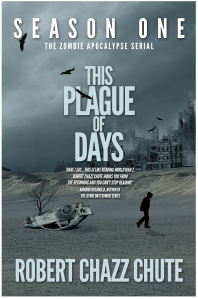
Season One of This Plague of Days is the siege. Sutr-X was the pandemic. Sutr-Z’s next and it’s coming for you and the Queen’s corgis, among others.
A random, alluring word, place, fact or event can give spinning wheels traction. For instance, the word “chiroptera” gave me a new direction when I wrote Season 2 of This Plague of Days. Sometimes I choose words, events or facts at random and noodle with them to see how they might fit into the narrative. Or I’ll draw from mythology, philosophy, politics or religion to discover new dimensions in the narrative.
Here’s the surprise: I always find a way to make those intriguing things fit naturally into my story.
I bet you can, too. Don’t load up on $10 words when a nickel word will do, of course…or at least don’t do it for its own sake or to show off. However, if something seemingly random can serve your story, use it (or dump it if it fails.) Readers like learning things as much as you do. They like characters with depth and to discover hidden significance behind meaning.
Get random
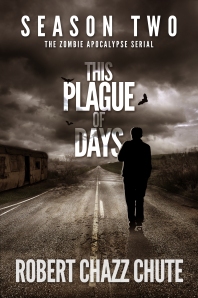
Autism, Latin, the Existential Abyss and references to Superman. That’s pretty random, but it all fits.
This exercise in the writing process is about bouncing new electrical flashes through the writer’s brain, making new connections and getting synapses firing to see nonlinear possibilities. Frequently, you can find something new that influences the story simply by opening a dictionary and pointing. An atlas and a Wikipedia search might give you a random fact that sparks something. I found Gas City, for instance. The name alone captured my imagination and got me thinking about a new track to follow in Season 2. New characters and furious battles evolved from the way that slapped my brain.
If you’ve got an area of interest (baseball, plumbing, woodwork, salmon fishing, animal husbandry, whatever) work it in to give your characters depth. I’ve got a sensitive soldier with expertise in military history who shows up in the zombie apocalypse. I’ve also got an Irish cop from a tiny Irish resort. The place informs the character. These are the sort of factors that make the people on the page real. Jack (Jacqueline) Spencer majored in Elizabethan poetry. That makes her feel pretty useless when society collapses, but her development now has an arc. Up from zero, she gains experience on the road east to a hoped for haven from the apocalypse.
For me? It’s pathology that fascinates.
I studied anatomy first and was awed by our biological complexity. Then I studied Merck’s Manual and I’ve been a hypochondriac ever since. It’s startling how fragile we are, so pathology often finds its way into my books, one way or another. I know a lot about how the body breaks, so I’m sure you can guess how that might play into a crime novel.
I know a lot about migraines (and the many variations of headaches.) His inability to act shows up in one of my WIPs and becomes crucial to the protagonist’s predicament when the cops come calling, asking for an alibi. My protagonist in This Plague of Days is autistic which, naturally, gives him a unique point of view on the end of the world. Another character has Desmoid tumours. This is a rare condition, but it turns out to be very relevant to the story. Her disease saves her from a worse fate than Desmoid tumours (in a way I can’t divulge yet, of course. That’s Season 3 stuff.)
Take a fragment and build your next chapter around it. Make the fragment an element.
These general suggestions are random sparks. If an atlas or a dictionary or a quick Google search can make your story catch fire, and if you can make these new variables seamless, you’ll find their inclusion can get you unstuck.
Therefore:
a summer camp in Columbus, Ohio with too many mosquitoes
the ruins of a castle hidden under heavy snow
a rusted can opener, forgotten in the kitchen’s junk drawer
a tippy chair with one short leg
angina
Captain Cooke’s death
her mother’s wedding ring inscription
Try one of some of those for a start. How might they fit in your narrative? Keep going and don’t worry if you get stuck. The next step will come to you and, if not, go find that next step. Finish your story.
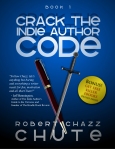
Tips and inspiration for the writer’s journey to publication.
~ Hi. I’m Robert Chazz Chute. I wrote a couple of books full of inspiration to get writers to get their books done. I also write about a kid on the autistic spectrum facing the end of the world, zombies who aren’t really zombies and vampires who aren’t really vampires. There are also jokes and Latin proverbs. It’s…oddly engaging and does not suck. See all the books here.
I also host the All That Chazz podcast and the Cool People Podcast. To learn more about This Plague of Days, go to ThisPlagueOfDays.com.
Filed under: NanNoWriMo, Writers, Writing exercise, writing tips, book, books, character depth, fiction, how to finish your book, how to give characters depth, how to write interesting characters, mental block, NaNoWriMo, NaNoWriMo tips, narrative, plot, plotting, Randomness, story, use the dictionary, Wikipedia, writer, writer's block, writing, writing fiction, writing stories, zombies
 ~ In This Plague of Days, Season 3, the big battles constitute set pieces. Not every set piece has to be a violent cataclysm though. When the big secret is revealed in the library in Season 3, that’s a set piece, too. You’ll know when you get there because you’ll suspect I wrote it high on acid. If you don’t know what I’m talking about, I have something for your TBR pile.
~ In This Plague of Days, Season 3, the big battles constitute set pieces. Not every set piece has to be a violent cataclysm though. When the big secret is revealed in the library in Season 3, that’s a set piece, too. You’ll know when you get there because you’ll suspect I wrote it high on acid. If you don’t know what I’m talking about, I have something for your TBR pile. 





